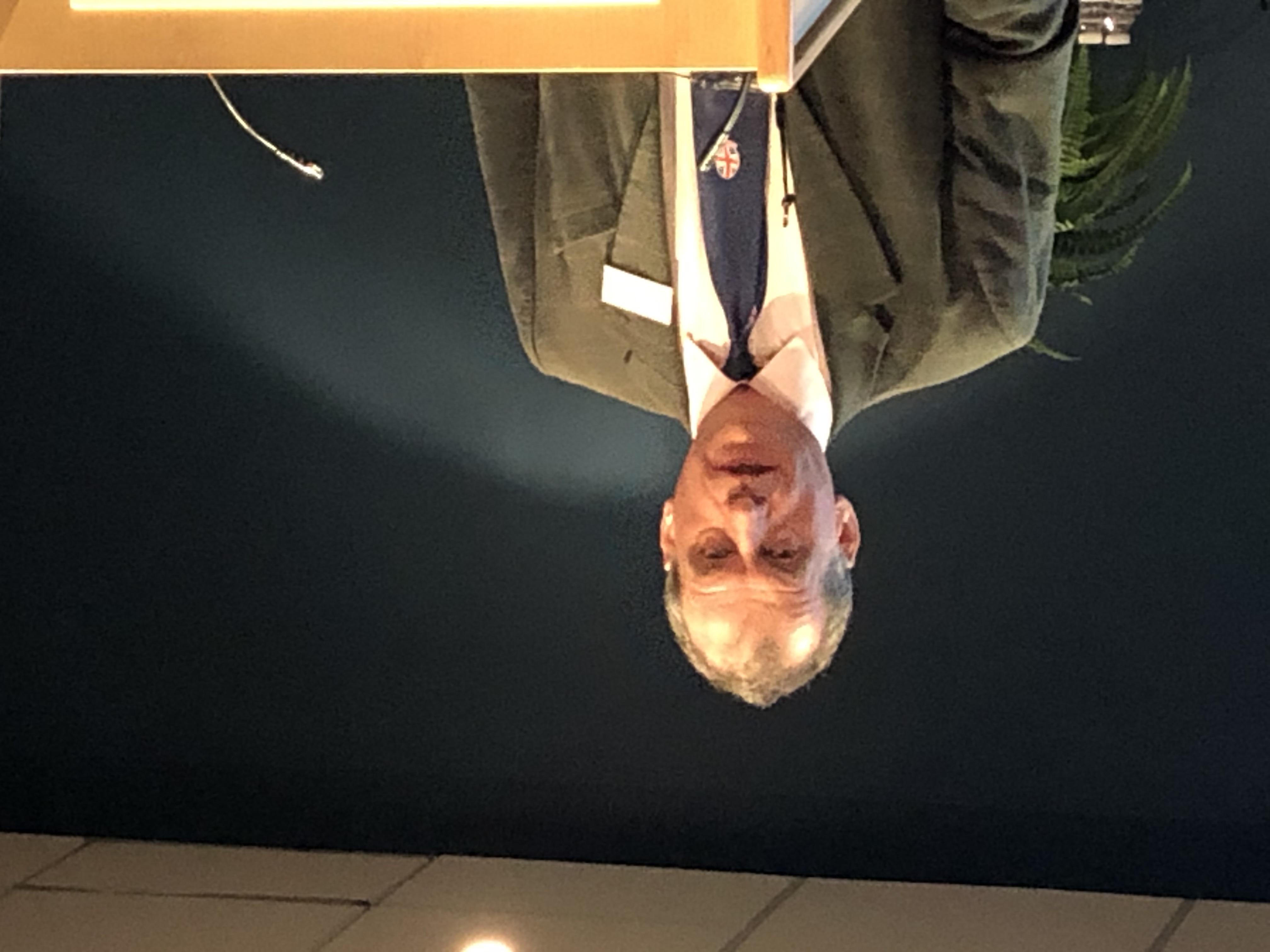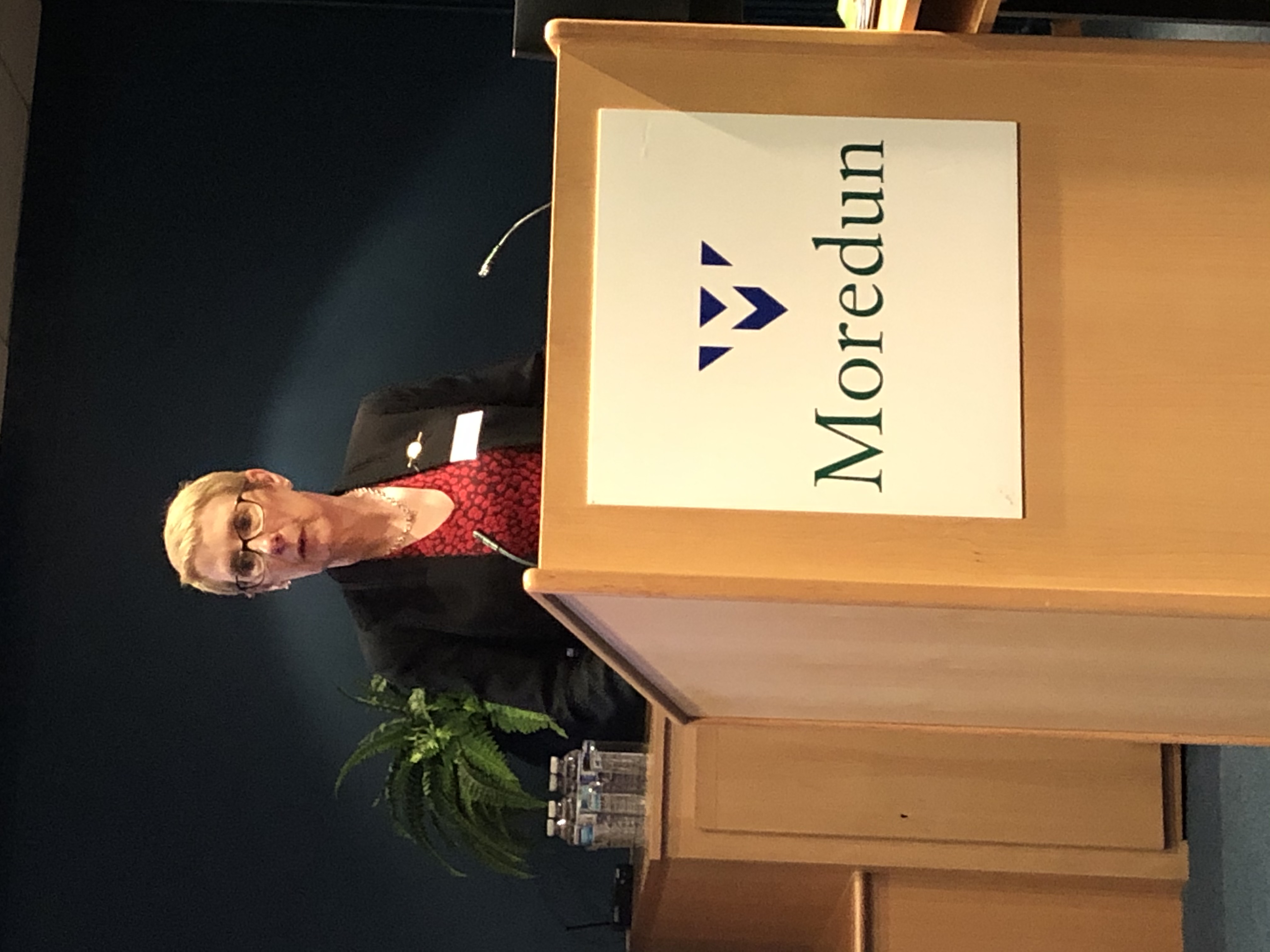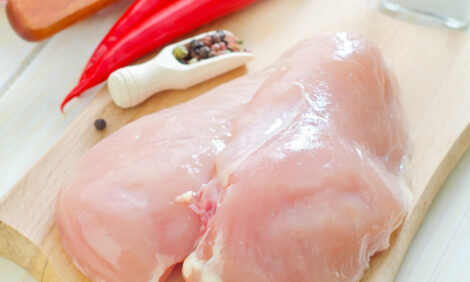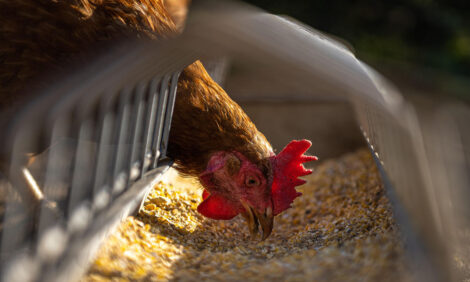



The future of poultry welfare in the UK
Valuable overviews of the key factors that need to be addressed by the UK’s layer and broiler sectors were presented at an event held at Moredun Research, near Edinburgh, on 16 January.Speaking at the event, which was organised by Moredun and SRUC, two leading figures from the British poultry industry – Robert Gooch and Maire Burnett – highlighted key areas where improvements and new developments are required.
Layers
Gooch, CEO of the British Free Range Egg Producers’ Association (BFREPA), kicked off with an extensive wishlist for UK egg producers.
The most important area for egg producers – in particular free range egg producers – is that they ensure the good welfare of their flocks in order to ensure consumer confidence.
Key factors within welfare he highlighted include ensuring chickens maintain good feather cover and developing farming systems which negate the need to trim the birds’ beaks – “beak trimming will be banned, it’s just a matter of when,” he stressed. And, as a result, he pointed how, “prevention of injurious pecking in flocks has been one of the largest areas of research that we’ve been engaged in over the last five to 10 years”.

Another key issue Gooch highlighted was the need to address the impact of parasitic red mite – a subject that was covered in more detail by Dr Alasdair Nisbet, Moredun’s head of vaccines in a later talk. Other welfare issues that need to be addressed, according to Gooch, include improving perching opportunities; reducing keel bone injuries; and preparing for the transition to non-cage housing systems. “Many of retailers are proposing to move away from caged eggs by 2025, some of them earlier,” he noted.
How to increase egg size, in line with consumer demand, without comprising bird welfare, was another issue he flagged up, with one option being a move towards white hens, which lay large white eggs and are popular in most countries but have not yet been accepted by UK consumers
Other issues covered by Gooch includes the reduction of environmental salmonella, its removal from the layer supply chain, and improved biosecurity measures on farm; and measures to mitigate the spread of avian influenza, such as bird housing and enhanced biosecurity.
Gooch also flagged up some of the technological advances that were becoming available and extolled the virtues of adopting systems that allowed individual hen identification, health monitoring and nutrition, hen training and behaviour; microbiome management, hygiene management and augmented reality systems.
“Farmers don’t always think that consumers are right about what makes for great welfare, but we’ve got to get closer to what consumers, policy makers and legislators think and still produce an affordable egg in what’s now the prominent egg production system in the UK,” he concluded.
Broilers

Maire Burnett, technical director of the British Poultry Council, followed this up with a poultry meat producer’s perspective. Welfare was, once again, identified as a pressing priorities, albeit for different reasons, given the range of production systems used by the farmers that she represents.
In particular Burnett voiced her concern over the “huge threat” posed by the UK’s post-Brexit policy which, while vague, is set “to reward farmers who produce [chickens] at above the regulatory minimum standard”.
She also warned how joining the European Chicken Commitment, which comes with a number of enhanced welfare stipulations “could create a two-tier food system” in which chicken was only available to the relatively affluent.
She was also concerned by the possibility of a reduction in the journey time permitted for the transport of live chickens.
“There’s a 12-hour maximum at the moment and we want that to continue,” she stressed.
Other factors covered in her talk included her hope that regulations would change to allow the use of insects in chicken feeds in order to reduce the amount of soya required. And she also spoke at length about the need to address the issues caused by Histomonas – a disease that is prevalent in both turkeys and broiler breeders, noting that a huge increase in outbreaks occurred in the UK in late summer and autumn of 2019.
“We need to improve our understanding of the parasite that causes the disease and – ideally – develop a vaccine. It’s not easy to get the drug companies to do this, given the comparatively small size of the UK turkey sector – the investment needed to produce a vaccine is considerable – but it doesn’t just affect the UK industry, it also hit the sector right across Europe and the States this year – so we need a global effort to produce a vaccine to prevent this terrible disease,” she argued.









